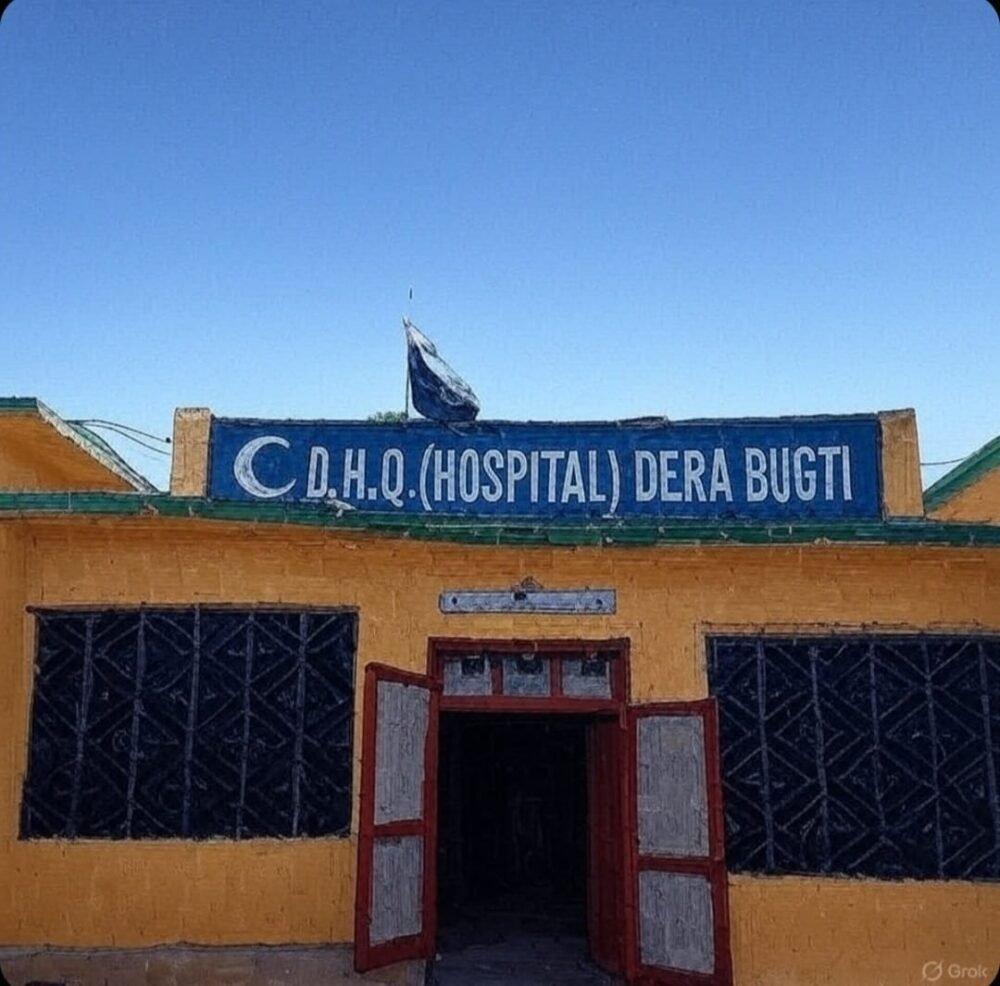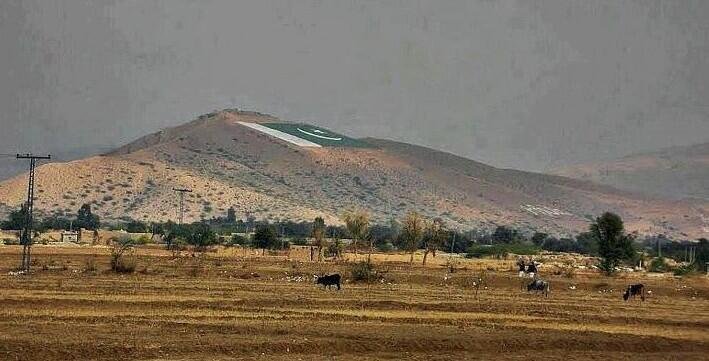54+ Deaths in 15 Months Spotlight Government Inaction, Systemic Failures in Remote Balochistan

News desk
DERA BUGTI, PAKISTAN – A disturbing surge in maternal mortality rates has exposed critical gaps in healthcare infrastructure and government responsiveness in Dera Bugti, Balochistan. The latest tragedy unfolded in Pirkoh, where another woman died during childbirth this week, underscoring a pattern of neglect that has claimed over 54 lives in the past 15 months.
Local reporters confirm at least 54 maternal deaths since january 2024, with multiple fatalities reported in Pirkoh alone in recent days.
Deaths are primarily attributed to the absence of timely emergency obstetric care, compounded by a near-total lack of basic health facilities in remote regions.
- Experts identify intersecting crises: endemic child marriage, widespread malnutrition, and abysmal female literacy rates – all fueling the health emergency.
rights activist Abdul Ghaffar Bugti condemned official apathy: “Government institutions have shown no serious intent to address this preventable loss of life. Pirkoh’s recent deaths are a grim testament to systemic abandonment.”
Dera Bugti’s far-flung communities face a healthcare desert. Basic health units (BHUs) are non-functionals, forcing women to endure childbirth without skilled attendants, emergency transport, or essential medications. The region’s geographic isolation exacerbates delays in reaching distant hospitals. Early pregnancies increase risks of obstetric complications.
Anemia and nutrient deficiencies weaken mothers pre- and post-delivery. Low literacy limits health awareness and agency over reproductive decisions
Civical societies and residents demand immediate intervention: Deployment of mobile health units, functional BHUs with skilled birth attendants, and emergency referral systems.
Enforcement of laws against child marriage, nutrition programs for women, and accelerated female education drives.
Transparent audits of existing health funds and mechanisms to ensure women’s health rights are prioritized.

“The women of Dera Bugti are dying not from complex diseases, but from neglect,” stated by Abdul Ghaffar Bugti. “This is a humanitarian emergency requiring wartime-level mobilization of resources and political will.
Without swift, coordinated action involving provincial health authorities, NGOs, and federal support, advocates warn the death toll will continue its tragic climb. The crisis in Dera Bugti stands as a stark indicator of Pakistan’s struggle to meet Sustainable Development Goals (SDGs) on maternal health, particularly in its most marginalized regions.

The High Asia Herald is a member of High Asia Media Group — a window to High Asia and Central Asia
